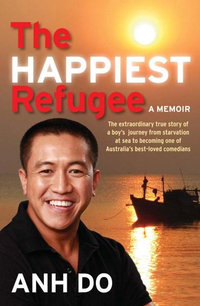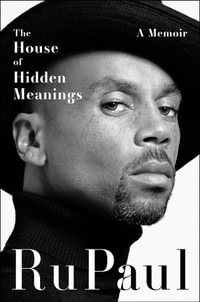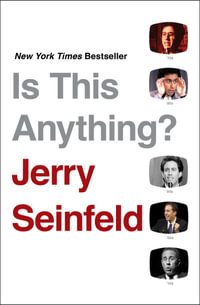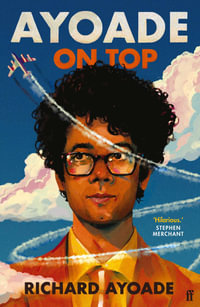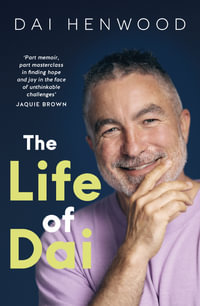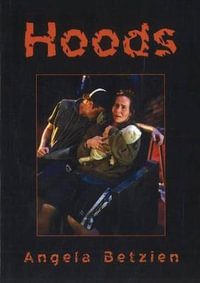How is the politics of Blackness figured in the flamenco dancing body? Or, What does flamenco dance tell us about the construction of race in the Atlantic world? Sonidos Negros traces how, in the span between 1492-the year in which Christian reconquest of the Iberian Peninsula coincided with Christopher Columbus's landing on Hispaniola-and 1933-when Andalusian poet Federico Garcia Lorca published his "Theory and Play of the Duende"-the Moor became Black, and how the imagined Gitano ("Gypsy," or Roma) embodies the warring images and sounds of this process. By the nineteenth-century nadir of its colonial reach, Spanish identity came to be enacted in terms of a minstrelized Gitano, a hybrid of American and Spanish representations of Blackness.
The imagined Gypsy about which flamenco imagery turns dances on a knife's edge delineating Black and White worlds. Teetering between ostentatious and damning confusion and the humility of epiphany, this figure relates to an earlier Spanish trope: the pastor bobo (foolish shepherd), who, seeing an angelic apparition, must decide whether to accept the light of Christ-or remain in darkness. Spain's symbolic linkage of this religious peril with the Blackness of enslavement constitutes the evangelical narrative which vanquished the Moors and enslaved the Americas, an ideological framework that would be deployed by all the colonial slaving powers. The bobo's precarious state of confusion, appealingly comic but also holding the pathos of the ultimate stakes of his decision-heaven or hell, safety or extermination-opens up a teeming view of the embodied politics of colonial exploitation and creole identity formation. Flamenco's Sonidos Negros live in this eternal moment of bulla, the confusion and ruckus that protect embodied resistance to subjugation, the lament for what has been lost, and the values and aspirations of those rendered imperceptible by enslavement and colonization.
Industry Reviews
"Sonidos Negros is a groundbreaking work which addresses an essential period of the history of flamenco dance and one which has been under-researched and largely unknown ... Readable and revelatory, Goldberg's work is an important and impressive contribution to the literature on flamenco which will be of great interest to scholars in many disciplines" -- Loren Chuse, Transposition
"It will be a critical addition not only to flamenco studies, but to a growing body of transatlantic performance scholarship...It is worth underlining, in closing, that it's a beautifully written book..." -- Michelle Clayton, Dance Research Journal
"Sonidos Negros will become fundamental reading for flamenco scholars and offers innovative insights into the complex genealogy of the tradition's sub-Saharan and African-American roots. She convincingly shows how we can come to 'understand flamenco's pain, flamenco's soul DL flamenco's power, through the experience of Blackness' (16)." -- Matthew Machin-Autenrieth, University of Cambridge, European History Quarterly
"Without doubt this work offers an original and novel approach, a book that no Spanish author could have written without having their perspective limited, contaminated by the social and historical context of our "blood." -- Sinfonía Virtual (translated)
"A beautifully written book: while making space for all the lively, equivocating, mutable gestures which swarm across its pages DL creating a stage for bulla DL it's always attentive to narrative style, always concerned to shape those gestures into a movement sequence. Throughout its pages, the dancing body animates history." -- Dance Research Journal
"Sonidos Negros: On the Blackness of Flamenco places the art of flamenco in new territory as a part of discourse on race and racism, spanning from medieval Spain to post-modern America Goldberg's research creates a new layer to the power of the double-faced expression of flamenco and its expression of resistance in a dance form that has been reproduced across the planet. Her research is an essential component in expanding the study of the history,
evolution, and varied expressions of flamenco." -- Diagonal: An Ibero-American Music Review
"Meira Goldberg analyzes, with notable erudition, how the politics of Blackness is inscribed in flamenco." -- Diario de Sevilla
"Sonidos Negros explores unprecedented new ground, the interrelated politics of Blackness and flamenco dance. It does this from historical, anthropological, and sociological angles which until now have scarcely been tread. It is another way of viewing and interpreting history, which constructs unprecedented identities -- it identifies "Blackness" with "religious confusion" -- and unusual binaries -- blood purity/depravity, purity/impurity. It
constitutes a complete challenge to traditionally assumed concepts." -- José Luis Navarro Garcia, author of Semillas de ébano: el elemento negro y afroamericano en el baile flamenco
"Accessibly written and engaging, K. Meira Goldberg has gifted us an original monograph that will impress and tantalize a diverse array of readers across many scholarly disciplines in the humanities and social sciences." -- Black Perspectives
"Sonidos Negros is a majestic work - readable, revelatory, and bringing to bear all Goldberg's previous work in research and practice to reach this tome of truth. She speaks in a voice both personal and professional, inviting us in to share the insights of a life lived in flamenco, insights that may well shake up the ways in which scholars and lay readers, alike, perceive what it means to look at what we think we know, or realize we don't know, with
new eyes." -- From the Foreword by Brenda Dixon Gottschild
A surprising and necessary book, especially in an area - flamenco studies - where there is little scholarship bringing together ample documentation, interpretive richness and, above all, an original focus. Neither the academy nor flamenco aficionados will remain indifferent to this work." -- Alberto del Campo Tejedor
"One of the strengths of this book is the author's ability to synthesize an array of genres and dances that criss-cross centuries, geographies and sacred/secular domains. As such, the book goes beyond simply flamenco scholarship and will be of interest to theorists of Blackness, dance historians and ethnomusicologists ... Drawing on years of in-depth historical research, Goldberg has produced an important and complex scholarly contribution. Sonidos Negros will
become fundamental reading for flamenco scholars and offers innovative insights into the complex genealogy of the tradition's sub-Saharan and African-American roots." -- Matthew Machin-Autenrieth,
European History Quarterly


